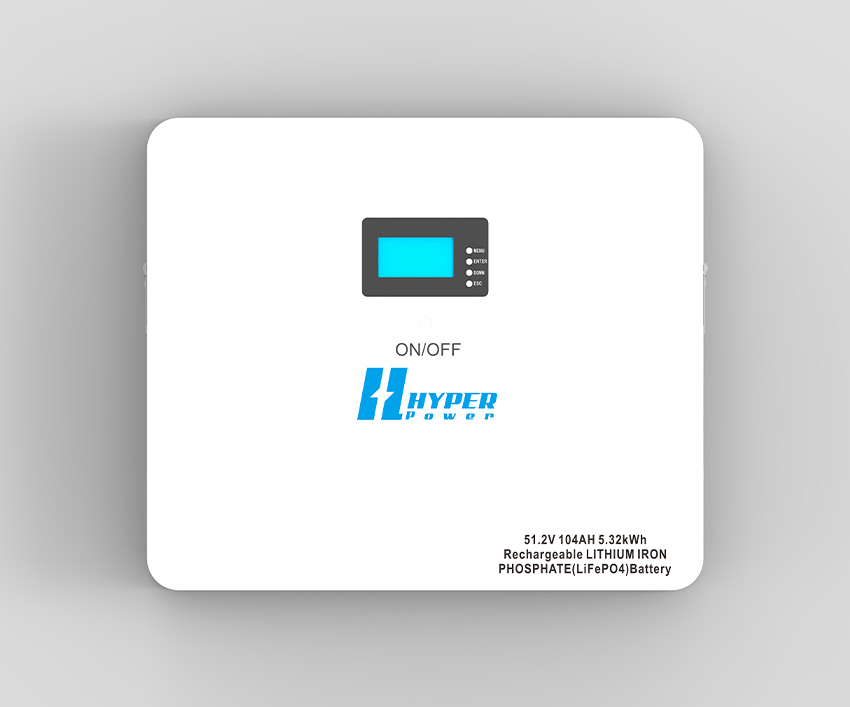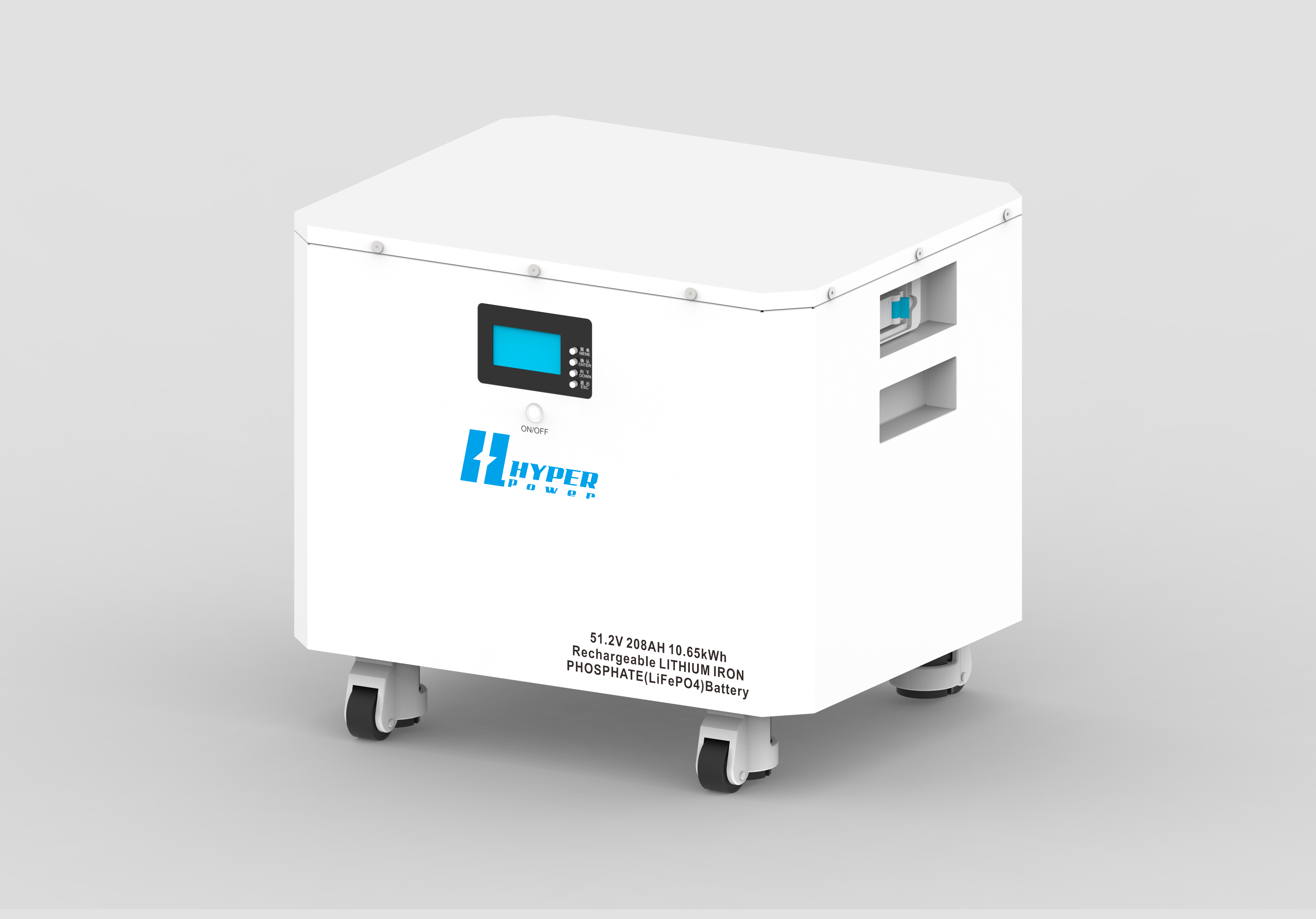Comprehensive Guide to Wall-Mounted, Rack-Mounted, and Floor Installation Lithium Batteries
Introduction to Lithium Batteries and Their Role in Energy Storage
Lithium batteries have become central to modern energy storage solutions, providing reliable power for various applications, from residential homes to large-scale industrial systems. As renewable energy sources like solar and wind become more widespread, the need for effective energy storage solutions has grown, and lithium batteries offer several advantages over traditional lead-acid batteries, such as higher efficiency, longer life, and faster charging.
Among the many ways to install lithium batteries, three popular configurations stand out: wall-mounted lithium batteries, rack-mounted lithium batteries, and floor installation lithium batteries. Each method offers distinct benefits and suits specific scenarios depending on space availability, system requirements, and energy needs. This guide will explore these installation types in detail and provide the insights you need to make an informed decision.
What Are Wall-Mounted Lithium Batteries?
Wall-mounted lithium batteries are compact energy storage systems designed to be mounted on walls, making them ideal for homes, offices, and spaces where floor space is limited. These batteries are typically found in residential setups connected to solar power systems or used as backup power solutions.
How Wall-Mounted Lithium Batteries Work
Wall-mounted lithium batteries store electrical energy generated by solar panels or other power sources. The battery management system (BMS) ensures the safe operation of the battery, monitoring factors such as voltage, current, and temperature. These batteries can be easily integrated with solar inverters, enabling users to store excess energy generated during the day and use it when needed, such as at night or during power outages.
Key Benefits of Wall-Mounted Lithium Batteries
Space Efficiency: These batteries save floor space, making them ideal for homes or businesses with limited space.
Aesthetic Appeal: Wall-mounted designs are sleek and modern, blending seamlessly into interior spaces.
Scalability: Wall-mounted lithium batteries can be easily expanded by adding more units, providing flexibility as energy storage needs grow.
Easy Monitoring: Most wall-mounted lithium batteries come with smart apps and display systems, allowing users to monitor the battery status remotely.
Typical Applications
Residential homes with solar power installations.
Small businesses needing backup power for essential operations.
Off-grid cabins or tiny homes that require reliable energy storage without taking up too much space.
How Do Rack-Mounted Lithium Batteries Work?
Rack-mounted lithium batteries are energy storage systems that are mounted within a metal rack or cabinet. This type of installation is particularly popular in commercial and industrial settings, where multiple batteries are needed to meet high power demands.
How Rack-Mounted Lithium Batteries Function
Rack-mounted lithium batteries are stacked within metal racks, which can hold multiple battery modules. This setup allows for easy expansion, as more batteries can be added to the rack as required. Like wall-mounted batteries, rack-mounted systems include a BMS to monitor and manage battery performance, ensuring safe operation and maximum efficiency.
Benefits of Rack-Mounted Lithium Batteries
High Energy Density: Rack-mounted systems can store large amounts of energy in a relatively small footprint, making them ideal for high-demand applications.
Modular Design: Rack-mounted lithium batteries are easy to expand. If additional energy storage is required, extra battery modules can be added to the rack.
Durability: These batteries are housed within robust racks, protecting them from physical damage and ensuring long-lasting performance.
Versatility: Rack-mounted systems are used in a wide range of applications, from residential solar setups to large industrial backup power systems.
Common Uses
Commercial buildings with high energy consumption.
Data centers requiring uninterrupted power supply (UPS) systems.
Industrial sites needing reliable backup power for critical equipment.
Advantages of Floor Installation Lithium Batteries
Floor installation lithium batteries are designed to sit directly on the floor and are typically used when wall-mounting or rack-mounting options are impractical. These batteries are often larger and can store more energy, making them ideal for industrial or large residential setups.
How Floor Installation Lithium Batteries Work
These systems function similarly to other lithium battery installations but are configured for floor placement. They connect to power systems like solar inverters or grid connections, storing energy for later use. The BMS ensures that energy storage is optimized and that safety measures like temperature control and voltage monitoring are in place.
Key Benefits of Floor Installation Lithium Batteries
Higher Capacity: Floor-installed batteries are often larger and can store significantly more energy than wall-mounted or rack-mounted counterparts.
Ease of Access: Since they are placed on the floor, they are easier to service and maintain, making them a good choice for industrial applications where frequent monitoring is required.
Flexible Placement: These batteries can be installed in garages, utility rooms, or warehouses without the need for additional mounting structures.
Heavy-Duty Performance: Designed for high-capacity and high-demand applications, these batteries are durable and reliable, making them perfect for commercial and industrial environments.
Primary Applications
Factories and warehouses that require substantial energy storage for machinery and operations.
Large residential setups where floor space is available and higher energy capacity is needed.
Remote facilities or off-grid installations needing large energy reserves.
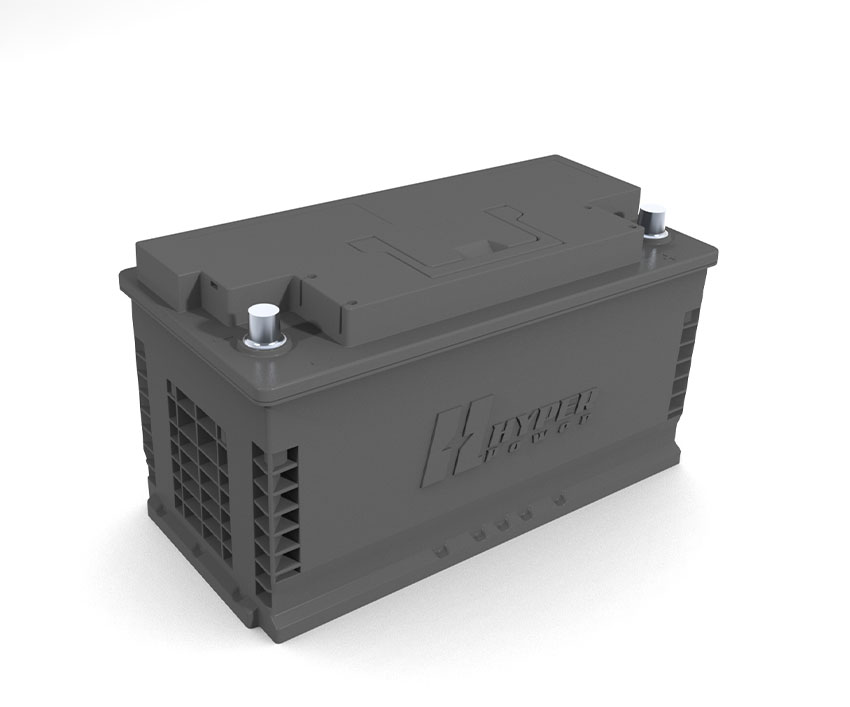
Key Differences Between Wall-Mounted, Rack-Mounted, and Floor Installation Lithium Batteries
To help you understand the best option for your needs, here's a breakdown of the main differences between the three types of lithium battery installations:
|
Feature |
Wall-Mounted Lithium Battery |
Rack-Mounted Lithium Battery |
Floor Installation Lithium Battery |
|
Installation Location |
Mounted on walls |
Mounted in racks |
Installed on the floor |
|
Space Requirements |
Minimal space needed |
Moderate space required |
Requires significant floor space |
|
Energy Storage Capacity |
Moderate capacity |
High capacity |
Very high capacity |
|
Scalability |
Easily scalable |
Highly scalable |
Limited scalability |
|
Typical Applications |
Homes, small businesses |
Commercial, industrial |
Large industrial, remote sites |
|
Aesthetic Appeal |
Sleek and compact |
Functional and robust |
Bulky, less emphasis on appearance |
|
Maintenance |
Minimal maintenance required |
Easy to maintain within the rack |
Requires regular checks, easily accessible |
Applications of Lithium Batteries in Residential Settings
In residential homes, lithium batteries are used to store energy generated by solar panels, providing backup power during outages or for use during peak energy demand. Wall-mounted lithium batteries are especially popular in homes due to their compact design and ability to fit neatly in garages, basements, or even indoors.
Typical Residential Uses Include:
Solar Power Storage: Homeowners with solar panels often use wall-mounted or floor-installed batteries to store excess solar energy.
Backup Power: In areas prone to power outages, these batteries provide a reliable source of backup power for essential appliances and systems.
Energy Independence: Homeowners aiming to be self-sufficient in terms of energy usage can store renewable energy, reducing reliance on the grid.
Commercial and Industrial Use of Lithium Batteries
For businesses, especially those in the commercial and industrial sectors, rack-mounted lithium batteries are ideal due to their scalability and high energy density. These systems can be easily expanded to meet growing energy needs and are often used in environments where uninterrupted power supply is critical.
Common Commercial and Industrial Applications Include:
Data Centers: Ensuring a continuous power supply for critical IT infrastructure.
Manufacturing Plants: Providing backup power for essential equipment and machinery.
Retail Stores: Keeping lighting, refrigeration, and point-of-sale systems operational during power outages.
How to Choose the Right Lithium Battery for Your Installation Needs
Choosing between wall-mounted, rack-mounted, and floor installation lithium batteries depends on several factors:
Space Availability: Wall-mounted systems are best for homes with limited space, while rack-mounted and floor-installed batteries are better for larger commercial or industrial setups.
Energy Needs: For homes, wall-mounted or small rack-mounted batteries may suffice. For businesses with higher energy demands, rack-mounted or floor-installed systems are recommended.
Budget: Floor installation batteries may be more expensive due to their larger capacity, while wall-mounted systems are generally more cost-effective for residential use.
The Role of Lithium Batteries in Renewable Energy Systems
As renewable energy sources like solar and wind power become more widespread, the need for reliable energy storage systems is increasing. Lithium batteries play a crucial role in these systems by storing excess energy produced during peak generation periods and releasing it when demand is high or during non-productive times (e.g., nighttime for solar panels).
Key Benefits in Renewable Systems:
Increased Energy Independence: Storing renewable energy reduces reliance on grid power.
Cost Savings: Lithium batteries allow for energy usage during peak times without incurring high utility costs.
Grid Stability: In larger systems, lithium batteries help stabilize the grid by managing fluctuations in energy production and consumption.
Safety Considerations for Wall-Mounted, Rack-Mounted, and Floor Installation Lithium Batteries
Safety is critical when dealing with high-capacity energy storage systems. Lithium batteries, while efficient and long-lasting, need to be handled and installed correctly to avoid risks like overheating or electrical fires.
Safety Tips:
Proper Ventilation: Ensure the installation area is well-ventilated to prevent overheating.
Regular Inspections: Periodically inspect the batteries for signs of wear, damage, or leaks.
Professional Installation: Always have a certified technician install and maintain lithium battery systems to ensure compliance with local safety codes.
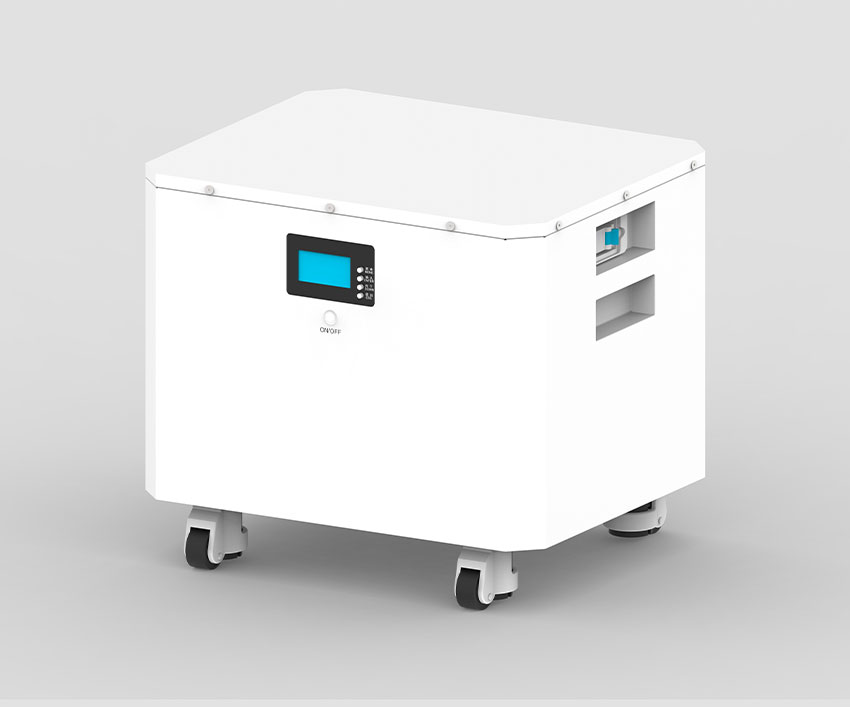
Conclusion
Lithium batteries, whether wall-mounted, rack-mounted, or floor-installed, offer versatile, scalable, and efficient energy storage solutions for homes, businesses, and industrial environments. Each installation method has its unique advantages, with wall-mounted batteries being ideal for space-saving solutions, rack-mounted systems offering scalability for commercial needs, and floor-installed batteries providing the high capacity needed for large-scale operations. Understanding these options will help you select the best energy storage solution for your needs.
Blog

Maximizing Energy Independence with Home Lithium Battery Storage

How Residential Photovoltaic Energy Storage Systems Empower Sustainable Homes
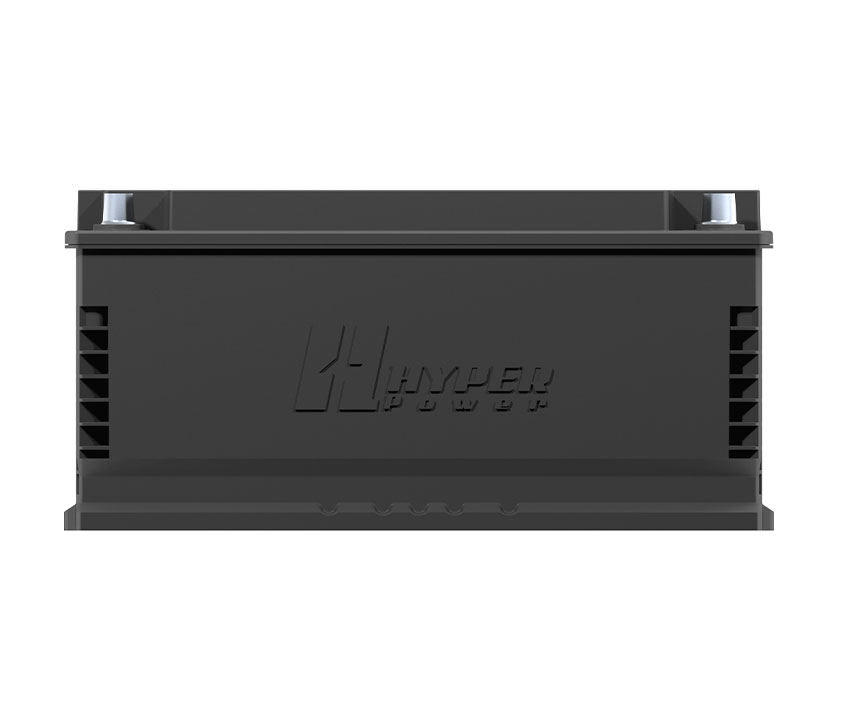
Why the 12V Lithium Ion Car Battery is the Smarter Automotive Power Solution — Insights from JEJE Energy
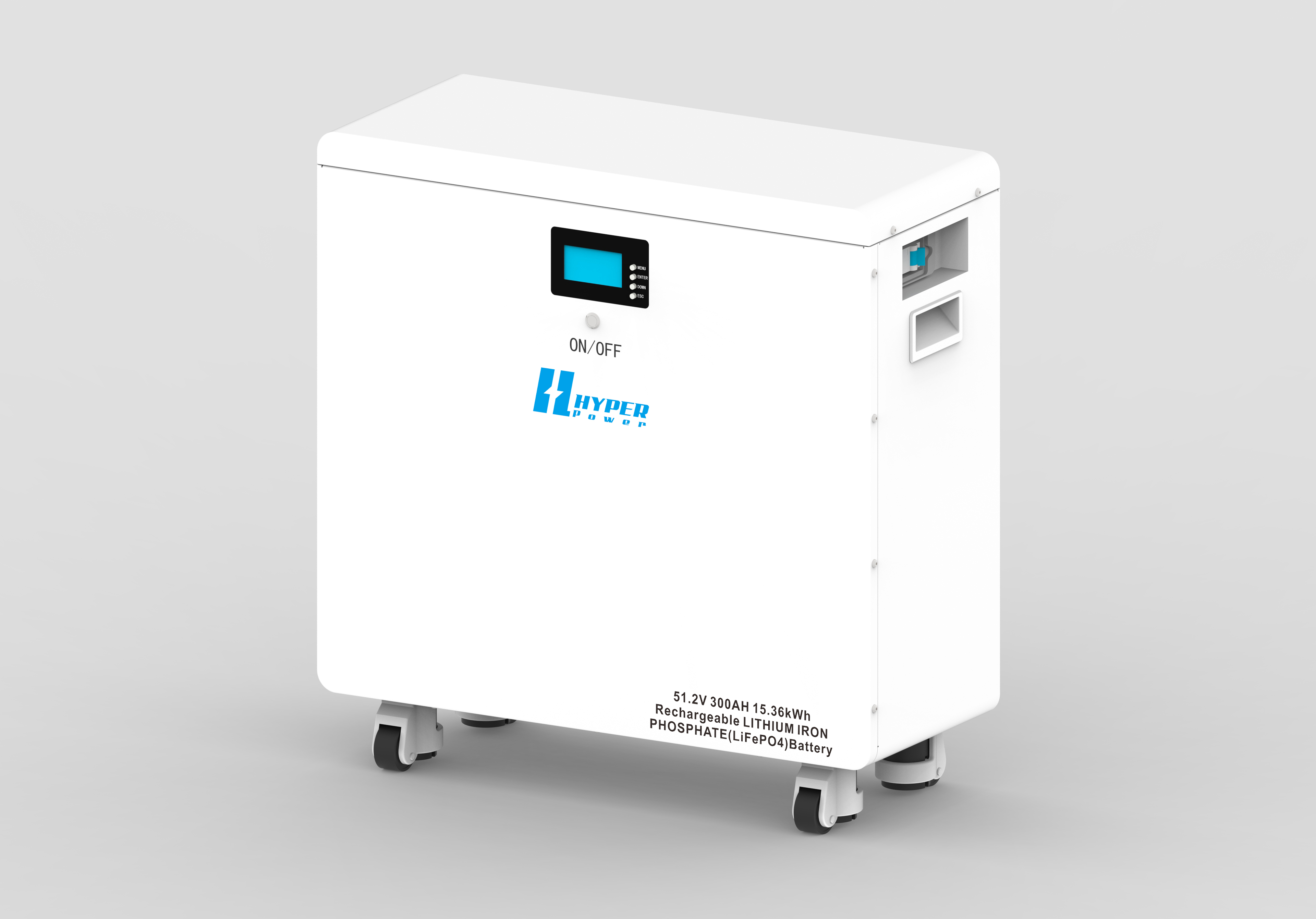









-Charging.png)
.jpg)

















